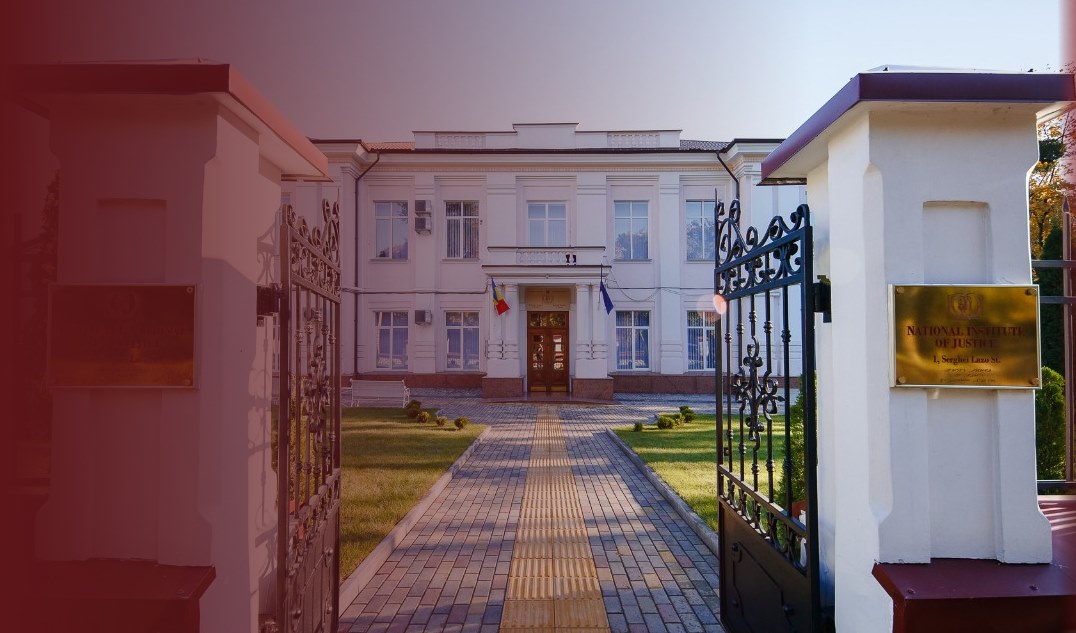At the end of the last year was signed a Trilateral Cooperation Agreement between the National Institute of Justice (NIJ), General Prosecutor’s Office (GPO) and International Organization of Francophonie (IOF). The proper implementation of the Agreement supposes the conduct of different activities in order to offer qualitative trainings for the legal professionals, especially for the prosecutors of the Republic of Moldova. The training on financial crimes, is the first activity on the Cooperation Agreement basis, held at the National Institute of Justice, on October 17-19, 2022.
At the begging of the training activity, moderated by Mrs. Diana ROTUNDU, ad interim head prosecutor of the Legal Assistance and International Cooperation Section of the General Prosecutor's Office, president of the Council of the National Institute of Justice, have spoken Sabin Ouellet, former president of the IAFP, Canada, Catalina SPÂNU, representant of IOF, Claudine Justafre, an expert in the field of assets recovery, seconded to the Presidency of the Republic of Moldova and Edaurd BULAT, ad interim deputy General Prosecutor of the Republic of Moldova and Ecaterina POPA, ad interim Director of the National Institute of Justice.
The training sessions for the prosecutors were delivered by the international experts: Sébastien De-la-Touanne, financial deputy prosecutor, France's National Financial Prosecutor’s Office, Elisabetta Tizzoni, Federal Prosecutor, Switzerland, Marion Camaro, magistrate at the Agency for the Recovery and Management of Seized and Confiscated Assets, France and Pierre de Monte, liaison magistrate in Romania and Moldova.
During three days, participants will be informed on international rules for combating financial fraud and collusion, tools, methods and strategies on criminal prosecution, exceptional measures of financial data processing, the investigation standards proposed by the Financial Action Task Force, international legal assistance and the implementation of the Eurojust practical tools for cooperation, assets recovery and mechanisms of asset forfeiture. Also the training beneficiaries will be divided into small groups in order to obtain skills through practical exercises.
